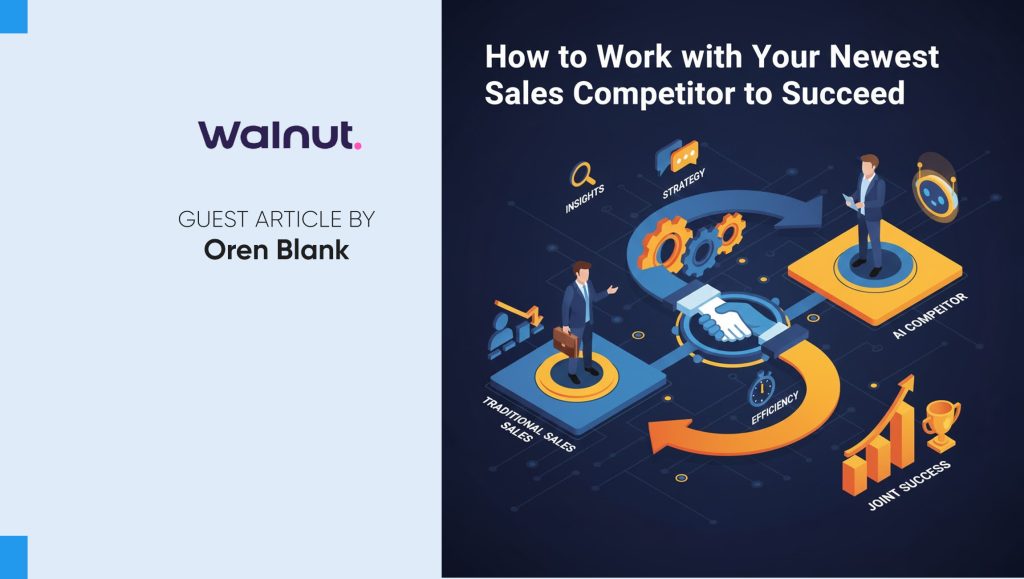As stores across Europe begin to re-open their doors, retailers who have survived lockdown will need to navigate the uncertainty of the retail landscape and adapt to new market strategies for business to continue, urged Giorgio Vitale, Head of Business Development EMEA at B-Stock.
Due to the impact of COVID-19 the retail landscape has changed drastically and the changes to the way that consumers used to shop were felt by everyone. While younger buyers are likely to embrace shopping again far quicker than those aged over 50, retailers will need to adapt their strategies to give confidence back to their consumers, advised Vitale.
Read More: Kibo Announces Curbside Pickup To Help Retailers Meet Demands Of COVID-19
This pandemic has likely fast-forwarded the adoption of e-commerce and online trading by five to 10 years, but there will be a portion of people who are unable to make that transition and retailers need to work out how they will be serviced.
“The impact on the demographic of the buyer has not been discussed in great length but is something that retailers seriously need to consider,” said Vitale. “It is going to take a lot longer for more elderly buyers to return to the shops, with some not returning at all. Whether retailers limit the number of shoppers in a store at a given time or designate specific hours for different segments of customers, new strategies need to be adopted to reduce anxiety and restore confidence in the high street.”
At the supply chain level, proficiency levels have also dropped significantly, and it is unclear whether those proficiency levels will ever be reached again – so adaptation and change will be key, emphasised Vitale.
Read More: 6 Reasons Why You Should Market Your Business During This Covid-19 Crisis
“This pandemic has made retailers and manufacturers review how agile their company structures are and amend their business continuity strategies and how they maintain liquidity within the business. The legacy ways of working and the reliance on a small pool of buyers is no longer enough, so retailers have no choice but to look into alternative options to plug the gaps in the supply chain and offload enormous volumes of overstock and returned goods,” said Vitale. “Having a secondary market disposition channel and transitioning to a private online marketplace from a legacy solution will become more acceptable in cohorts, based on the companies that have already been doing this. We have launched three new private B2B marketplaces during the pandemic in the EMEA region and we anticipate another three or four as we come out the other side, as more retailers realise that they have to make the transition in order to survive.”
Vitale emphasised that those with a blend of physical stores and e-commerce only have so much buying power, making it necessary for them to plug into secondary market solutions to access a diverse mix of buyers that have specific buying strengths in key retail categories. By utilising secondary market solutions, such as B2B marketplaces hosted and managed by B-Stock, retailers have access to solutions that will make companies far more responsive when dealing with idle, excess inventories that create a significant financial impact, added Vitale.
“In this period of uncertainty, companies will be watching what their competitors are doing to ease the strain that the pandemic has put on the retail industry. As those competitors transition over to secondary market solutions, more will join the network and B-Stock will remain at the forefront due to our extensive expertise in the space,” concluded Vitale.






















